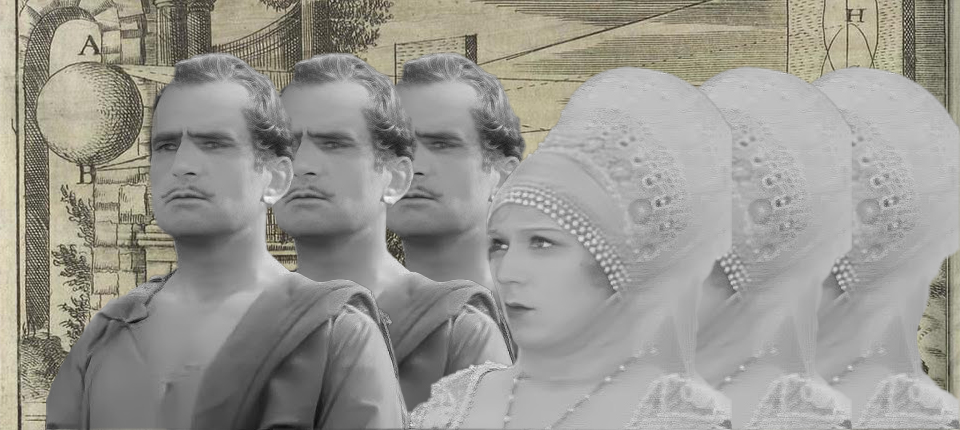The popular story of the glory that was Greece begins at the monumental Lion Gate of the Bronze Age citadel of Mycenae, attributed to the work of giant Cyclopes by the traveller Pausanias. After an intervening dark age, the narrative continues with the rise of the Greek city-state, which reaches its apogee in the democratic Athens of Pericles, Plato and the Parthenon. A tale of woe follows. Despite the Athenian statesman Demosthenes’ attempt to rally resistance against Alexander the Great’s father, Philip II, the Greek cities are crushed by the Macedonian tyrant. Two centuries later Rome’s legions deliver the coup de grace. Thereafter the Greek cities linger on in twilight and their ruling oligarchs become servile tax collectors for Caesar. John Ma will have none of it.
In Polis, Ma argues that in the “classical” period celebrated by western poets and historians, the Greek cities reached their nadir, not their peak. Vicious class war and 100 years of violent intercity competition and empire-building disfigured this so-called “golden age”. According to Ma, however, the later, convergent model of the Greek polis was blessed with “stability, prosperity and egalitarian self-government” for seven centuries from 350BC. Under the Romans the polis was a partner in the empire, not its victim, and the People’s assembly continued to wield power. Oligarchs, writes Ma, “coexisted with the strong, unyielding constraints of the democratic institutions, instruments and ideology, inherited from the great convergence”. In his TLS review, Peter Thonemann finds himself “shaking my head in astonishment and admiration” while reading Ma’s counterintuitive narrative, and hails Polis as “history-writing at its very best”.
In her review of the new Oxford editions of The Uncommercial Traveller, edited by J. H. Alexander, and Nicholas Nickleby, edited by Elizabeth James and Joel J. Brattin with Alexander, Ana Alicia Garza describes Charles Dickens’s defining purpose: “what he absolutely refused to do was to let his readers get away with being mindlessly naive or unaware of hard truths” about the ills of Victorian society. A. N. Wilson has hard truths to tell about Johann Wolfgang von Goethe. In Goethe: His Faustian life, reviewed by Daniel Johnson, the man who emerges is “a callous colossus”. As a member of the privy council in Weimar, Goethe upheld a death sentence against an unmarried servant who had killed her baby in desperate circumstances, when even his Duke favoured life imprisonment. In Faust the fictional Gretchen is reprieved for the same crime.
The post In this week’s TLS appeared first on TLS.

 By Times Literary Supplement | Created at 2024-10-29 21:41:39 | Updated at 2024-10-30 09:26:50
6 days ago
By Times Literary Supplement | Created at 2024-10-29 21:41:39 | Updated at 2024-10-30 09:26:50
6 days ago



